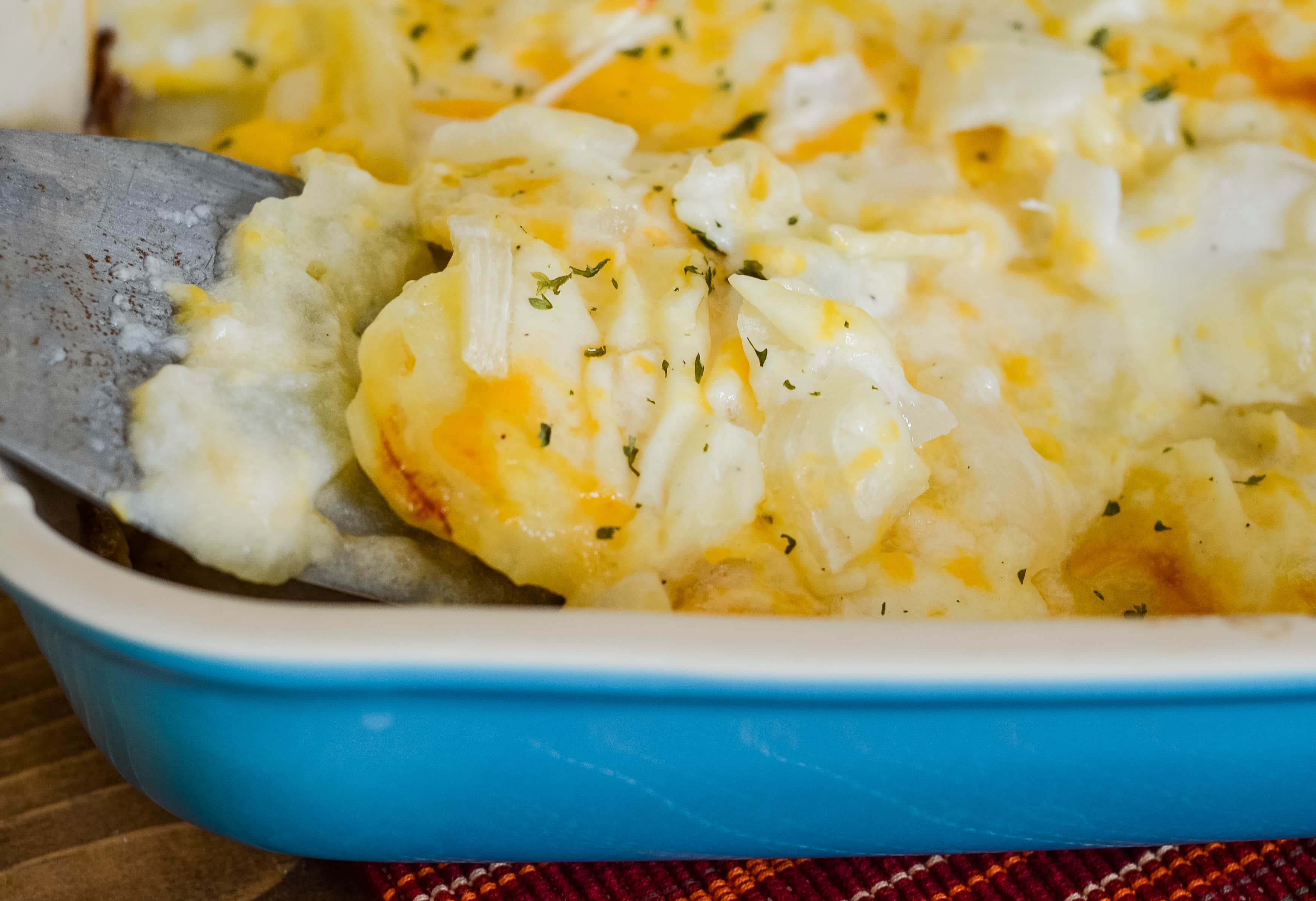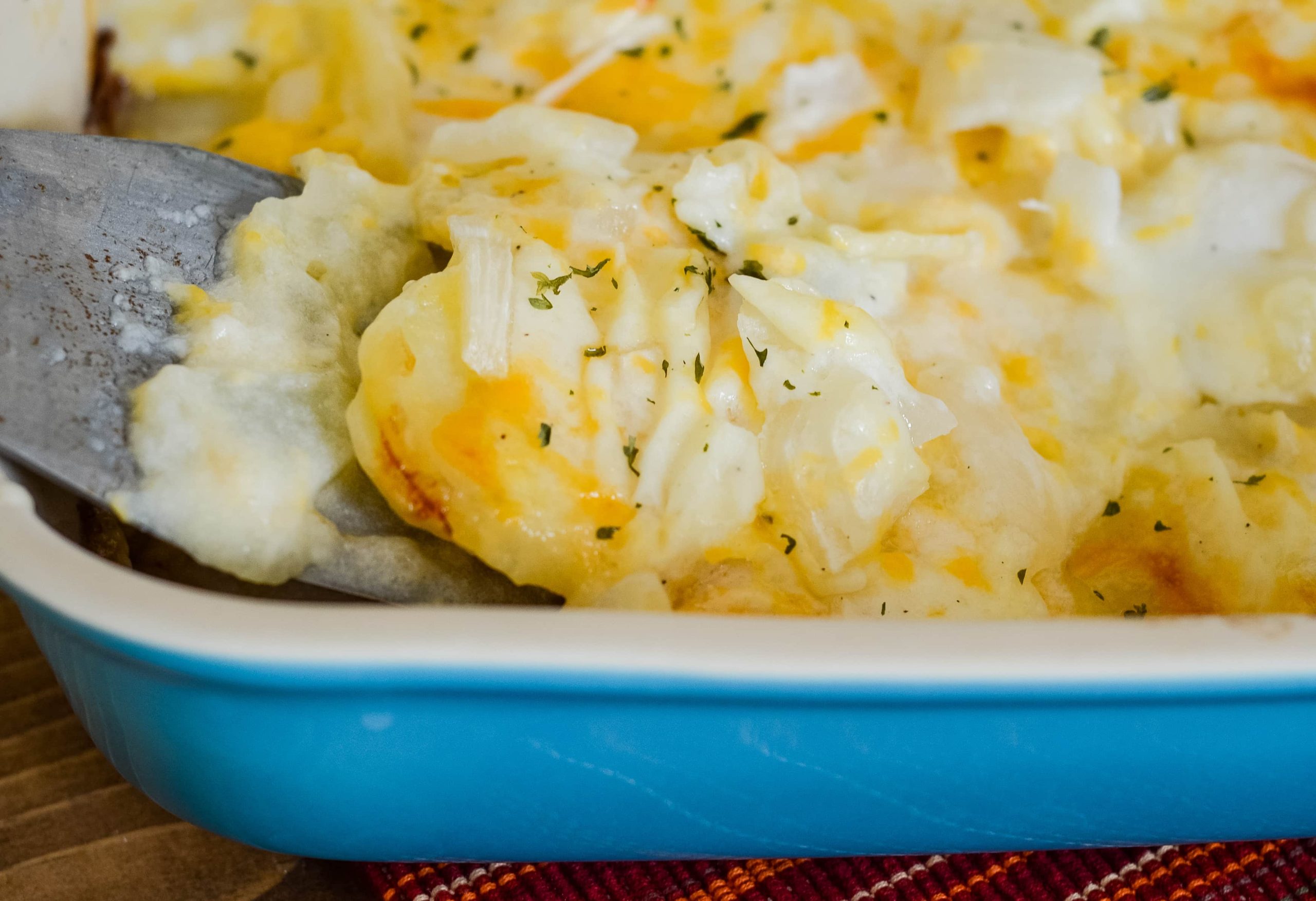In today’s health-conscious world, understanding the gluten content in our food is crucial, especially for those with gluten intolerance or celiac disease. One common question that arises is, are potatoes gluten free? This article delves deep into this topic, providing clear and comprehensive answers, backed by the latest data from 2024.

Potatoes are a staple in many diets around the world, loved for their versatility and nutritional value. However, for individuals with gluten sensitivity or celiac disease, the question of whether potatoes are gluten free is of paramount importance. In this article, we will explore the gluten content in potatoes, their impact on health, and how they fit into a gluten-free diet.
Key Takeway
Before diving into the detailed content, let’s address the main points:
- Yes, potatoes are naturally gluten free.
- Potatoes can be safely consumed by individuals with gluten intolerance or celiac disease.
- Cross-contamination with gluten-containing foods can occur during processing or cooking.
- Understanding how to properly prepare and store potatoes can help maintain their gluten-free status.
Detailed Explanation
Parties Involved?
Understanding the gluten content in potatoes involves various stakeholders:
- Individuals with Gluten Sensitivity or Celiac Disease: These individuals must avoid gluten to prevent adverse health effects.
- Dietitians and Nutritionists: Professionals who provide dietary guidance and ensure that gluten-free diets are balanced and nutritious.
- Food Manufacturers: Companies that process and package potatoes must ensure their products are free from cross-contamination.
- Researchers: Scientists studying gluten-related disorders and the impact of gluten-free diets on health.
Events Timeline
The understanding of gluten content in foods, including potatoes, has evolved over time. Here are some important milestones:
- Early 20th Century: The term “celiac disease” is coined, and the connection between gluten and the disease is established.
- 1980s: Increased awareness of gluten intolerance leads to more research and better diagnostic methods.
- 2000s: The gluten-free diet becomes more popular, and labeling regulations improve.
- 2020s: Advances in food processing technology reduce the risk of cross-contamination, making it easier to maintain a gluten-free diet.
How Does This Impact Them?
The gluten content in potatoes affects various aspects of life:
- Personal Health: For those with gluten intolerance or celiac disease, consuming gluten can lead to severe health issues. Potatoes, being naturally gluten-free, are a safe and nutritious option.
- Dietary Choices: Potatoes offer a versatile and gluten-free alternative to many gluten-containing foods, making meal planning easier for those on a gluten-free diet.
- Professional Lives: Dietitians and nutritionists often recommend potatoes as a part of a balanced gluten-free diet. Food manufacturers must ensure their potato products are free from gluten contamination to meet consumer demands.
Media Reaction
Public and Media Reactions to the gluten content in potatoes have been largely positive:
- Positive Coverage: Numerous health blogs and media outlets highlight potatoes as a safe and nutritious option for those on a gluten-free diet.
- Educational Campaigns: Organizations and influencers promote awareness about gluten-free foods, including the benefits of incorporating potatoes into the diet.
- Consumer Reviews: Many individuals with gluten intolerance or celiac disease share their positive experiences with potatoes, further reinforcing their gluten-free status.
Upcoming Plans
Looking ahead, several trends and developments are expected to shape the gluten-free landscape:
- Improved Testing Methods: Advances in testing for gluten contamination will enhance the safety of gluten-free foods, including potatoes.
- Increased Availability: As demand for gluten-free products grows, more food manufacturers will offer certified gluten-free potato products.
- Educational Initiatives: Continued efforts to educate the public about gluten-free diets will help individuals make informed dietary choices.
- Research and Development: Ongoing research into gluten-related disorders will lead to better understanding and management of these conditions.
In conclusion, are potatoes gluten free? Yes, they are. Potatoes are naturally free from gluten, making them a safe and nutritious option for individuals with gluten intolerance or celiac disease. However, it is important to be mindful of cross-contamination during processing and cooking. By understanding the gluten content in potatoes and following best practices for preparation and storage, you can confidently include them in your gluten-free diet. As awareness and research continue to grow, the future looks promising for those seeking to maintain a healthy and gluten-free lifestyle.
Whether you’re a health-conscious individual, a dietitian, or a food manufacturer, staying informed about gluten-free foods like potatoes is essential. Embrace the versatility and nutritional benefits of potatoes, and enjoy them as a delicious part of your gluten-free journey.


